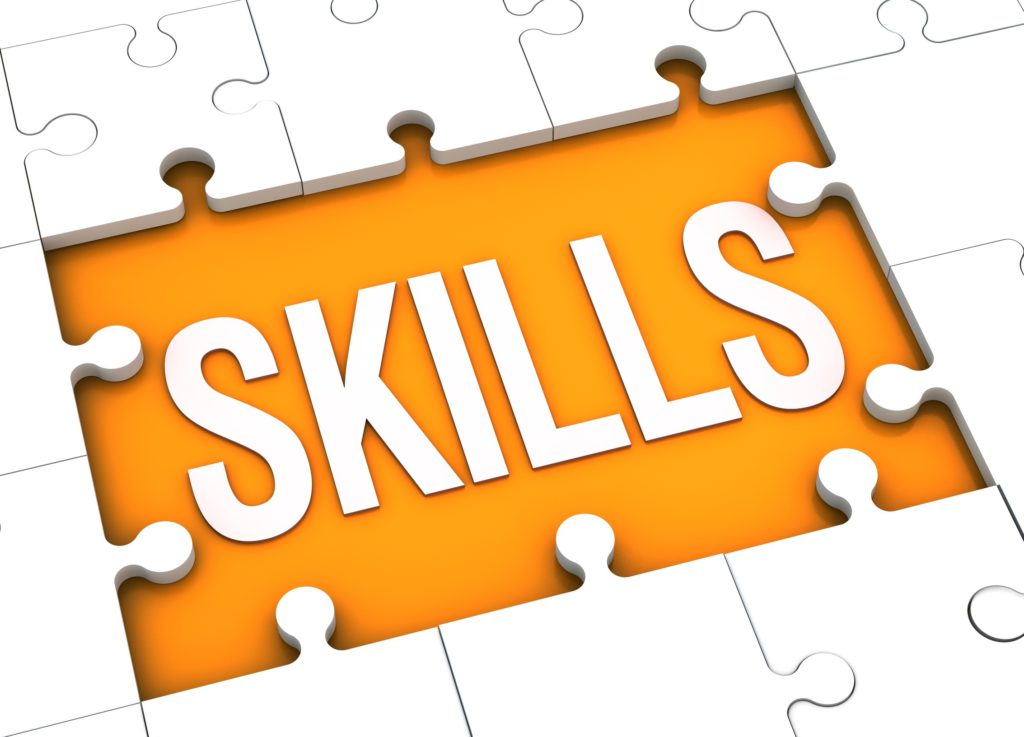CECIMO Manifesto on Skills

CECIMO launches the European machine tool industry’s manifesto on skills
Brussels, 30 September 2013 - CECIMO publishes a manifesto to identify the skills-related needs of the European machine tool industry and put forward recommendations to respond to new challenges facing the sector. The manifesto has been drawn up following inquiries and workshops organized among machine tool companies and associations represented at the CECIMO General Assembly in June 2013. These recommendations primarily address regional, national and European authorities, as well as education and training suppliers who can provide essential support to the companies’ existing activities to develop skills.
The European machine tool industry is a global leader. Following an 8% output growth in 2012, Europe’s share in global production is forecasted to increase from 31% to 34% in 2013. European exports have also reached an all-time-high level in 2012, to 18,8 million euro. The secret behind the performance of European machine tool builders is “a combination of engineering know-how and a highly skilled workforce, which enable a strong innovation capacity and quality production tailored to customer needs” states, Filip Geerts, CECIMO Director General. However, he points out that the skills issue has recently come high on the agenda, as the narrowing down of the skills pipeline in Europe risks hindering growth and innovation in the sector.
As state-of-the-art machine tools are characterized by a high level of technology integration, technical skills requirements in machine tool companies are becoming more demanding. Moreover, as the machine tool business is increasingly globalized, companies need to connect to global supply chains and serve customers globally. This requires beefing up the skills set of the existing and future workforce with new competences in management, marketing, languages and communication. The CECIMO manifesto calls for adapting education and training programmes to build occupational and transversal skills which respond to the needs of 21st century.
Overall, the recommendations’ focus is on improving the skills supply in Europe quantity-wise and quality-wise. Machine tool companies in Europe already put a lot of efforts and resources to train their workforce, to foster cooperation with universities for skills development and to promote their sector towards young people. “The CECIMO manifesto calls on policy makers at all levels to recognize the efforts of industry and do their part to complement these activities. Europe should take the skills challenge seriously. This is not only a competitive necessity, it also is essential to offer young people better job opportunities.” affirms Filip Geerts.
